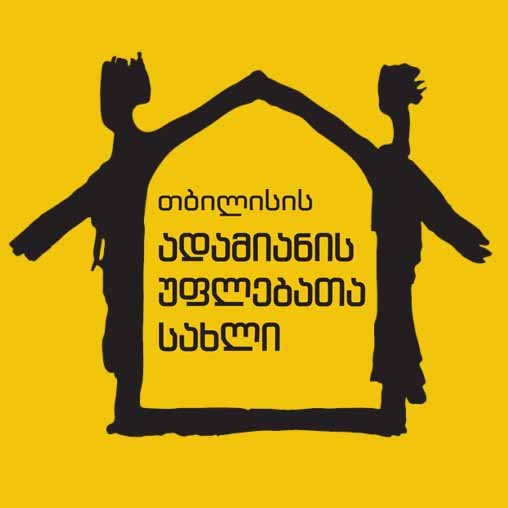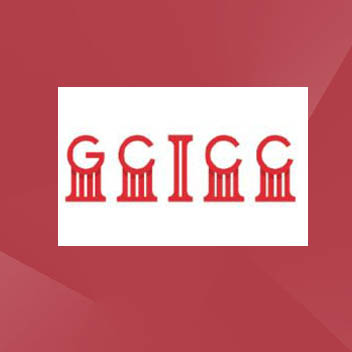News
GCICC ADDRESSED THE ICC PROSECUTOR TO THE INTERNATIONAL CRIMINAL COURT WITH THE OPEN LETTER
28.03.2022
Font size
On March 28, 2022, the Georgian Coalition for the International Criminal Court (GCICC) sent the letter to the ICC Prosecutor Karim Khan. The purpose of the statement is to request a meeting with the prosecutor and to discuss key issues related to the investigation, including the Russian political and military leaders’ accountability and investigation of the crimes against humanity.
First of all, GCICC believes that the decision of the Prosecutor of the International Criminal Court to file an application to the Court on March 10, 2022, requesting the issuance of arrest warrants against three officials is a step forward, but it should be emphasized that there are several problems with the investigation and ongoing processes conducted by the Office of the Prosecutor of the International Criminal Court, both nationally and internationally, which have been repeatedly raised.
First, we would like to point out that Russia led military operations in Georgia in 2008, which is why the conflict qualifies as an international armed conflict. Russia's political and military leaders bear the primary responsibility for the international crimes committed in Georgia. If only high-ranking officials of the separatist regime are held accountable for war crimes and crimes against humanity, it will only contribute to a sense of impunity among the high-ranking officials of the Russian Federation. A clear example of this are the events in Ukraine, which, according to the prosecutor’s statement, repeat similar patterns of the criminal acts committed in Georgia.
The involvement of Russian officials and the degree of their participation in the 2008 August War is confirmed by numerous international institutions, including the European Courts of Human Rights.The EU Fact-Finding Mission indicated, in particular, that the “Russian officials already had de facto control over South Ossetia’s institutions before the outbreak of the armed conflict, and especially over the security institutions and security forces. The de facto government and the "Ministries of Defence", "Internal Affairs" and "Civil Defence and Emergency Situations", the "State Security Committee", the "State Border Protection Services", the "Presidential Administration" – among others – have been largely staffed by Russian representatives or South Ossetian individuals with Russian citizenship who have worked previously in equivalent positions in the Central Russia.” During the active phase of hostilities, the key law-enforcement offices - Minister of Interior, Minister of Defence and Emergencies, Chairman of the Committee for State Security and Secretary of the Security Council - were all held by former senior officials of the Russian army.
In this respect, it is noteworthy, that the punishment (if they are found guilty) of the de facto authority representatives: MINDZAEV, GUCHMAZOV, SANAKOEV alone will not eliminate the challenge before the international peace and security, as the scale of the military clashes confirms that the circle of the perpetrators is quite wide, acting under the Russian Federation authority.
In addition, the Coalition in its statement focused on the scope of the investigation. In particular, as it is publicly known, application for the arrest warrants against MINDZAEV, GUCHMAZOV, and SANAKOEV focuses on the episode involving war crimes, but makes no reference to crimes against humanity. In this respect, we wish to underline that the Georgian authorities and numerous international organizations published reports[4] describing the ethnic cleansing of the Georgian population in Tskhinvali Region and other actions directly linked not only to the commission of war crimes, but also crimes against humanity[5]in continuous manner.[6] The Prosecutor herself noted in paragraph 218 of the request for authorization of an investigation, that there was a reasonable basis to believe that the crimes against humanity have been committed during the August War, namely: “murder (article 7(1)(a)), deportation or forcible transfer of the population (article 7(1)(d)), and the persecution against any identifiable group or collectivity on ethnic grounds (article 7(1)(h)). These crimes were allegedly committed as part of a widespread and/or systematic attack against ethnic Georgian civilians in South Ossetia and the surrounding “buffer zone”. These crimes were committed in pursuance of a policy by the South Ossetian de facto authorities to forcibly expel ethnic Georgians from the territory of South Ossetia in furtherance of their overall objective to sever any remaining links with Georgia. The aforementioned position of prosecutor lately was shared by Pre-Trial Chamber too.
We hereby consider that the ICC investigation should also focus on crimes against humanity committed in Georgia. The ongoing events in Ukraine starting with the support to and recognition of the separatist regions, with the commission international crimes is very similar to the Georgian situation. In today’s system of international peace and security, the ICC has a significant role to play and to fight against international crimes.
GCICC hopes for the cooperation of the prosecutor and informs the public about the current news.
Signatory organizations:
- Georgian Centre for Psycho-social and Medical Rehabilitation of Torture Victims (GCRT)
- Georgian Young Lawyers’ Association (GYLA)
- Human Rights Center (HRC)
- International Centre on Conflict and Negotiation (ICCN)
- Justice International
- Justice International
- Rights Georgia
News
18.04.2025
The Suspension of Visa Liberalization Serves the Interests of Ivanishvili and Russia—Not the Georgian People
20.03.2025




